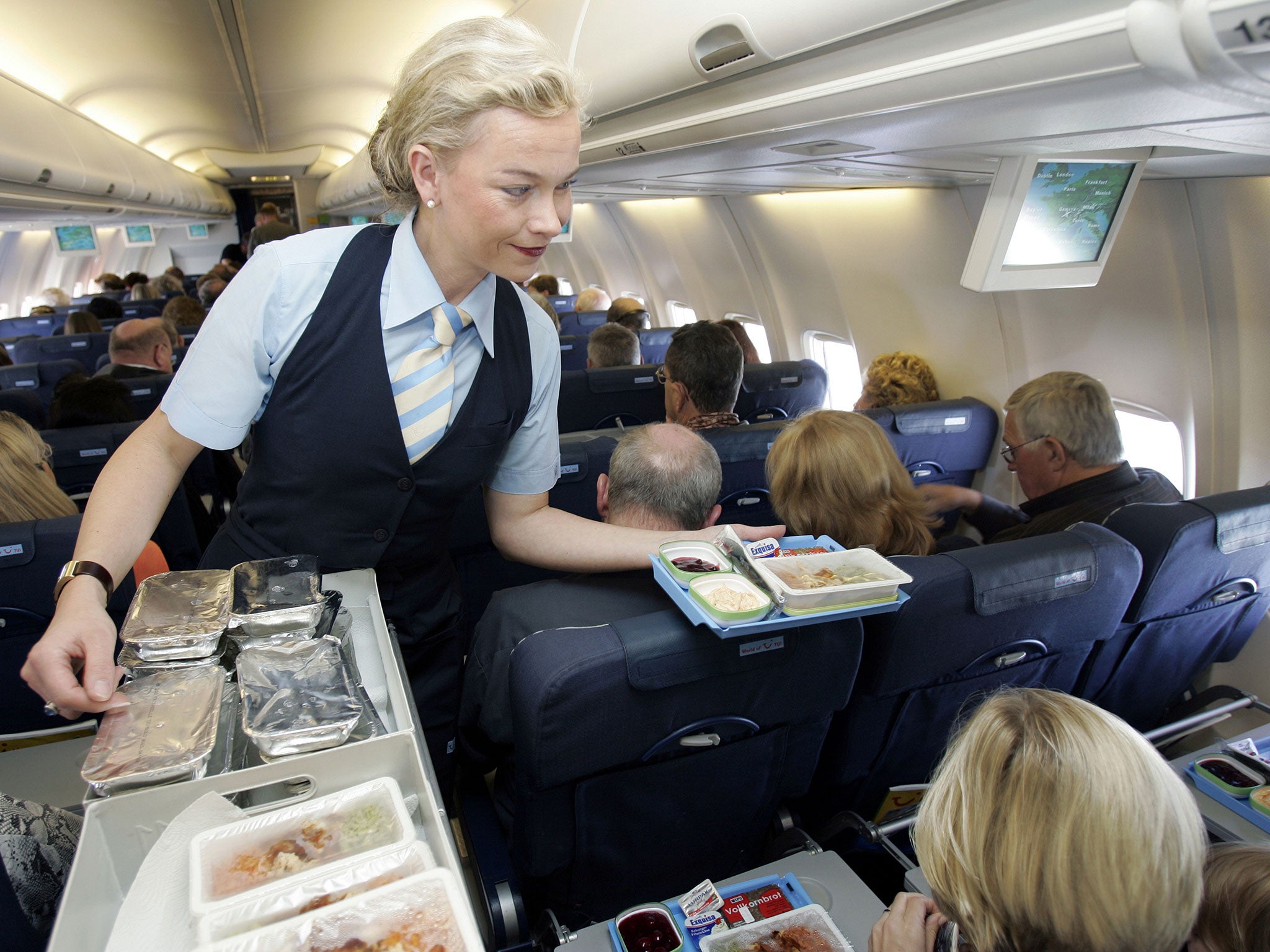Experiences of Misgendered Flight Attendants: Misgendering Flight Attendant
Misgendering flight attendant – Flight attendants, who serve as the face of the airline industry, often encounter situations where they are misgendered by passengers. This can be a distressing experience for flight attendants, who may feel disrespected, invalidated, and unsafe.
Misgendering a flight attendant is a serious issue that should not be taken lightly. It is important to respect everyone’s gender identity, and to use the correct pronouns when addressing them. If you are unsure of someone’s gender identity, it is always best to ask.
A recent study by shaquille leonard found that misgendering can have a negative impact on a person’s mental health. It is important to be aware of the impact of our words and to use them respectfully.
Misgendering can occur in various forms, such as when a passenger uses the wrong pronouns, refers to the flight attendant by an incorrect name, or makes assumptions about their gender based on their appearance. These incidents can have a significant impact on flight attendants’ mental and emotional well-being.
In a world where misgendering a flight attendant can spark a firestorm of controversy, it’s interesting to note the contrasting perspectives in other cultures. Take North Korea, where the emergence of North Korean K-pop has sparked a unique blend of tradition and modernity.
Yet, despite the cultural evolution in some areas, the issue of misgendering flight attendants remains a sensitive topic, highlighting the complexities of societal norms across the globe.
Impact of Misgendering
- Emotional Distress: Misgendering can trigger feelings of anger, sadness, frustration, and anxiety in flight attendants.
- Self-Doubt: Repeated misgendering can lead to self-doubt and questioning of one’s own gender identity.
- Safety Concerns: In extreme cases, misgendering can create safety concerns for flight attendants, especially if it escalates into verbal or physical harassment.
Coping Mechanisms and Support Systems
Flight attendants who experience misgendering have developed various coping mechanisms and support systems to help them navigate these challenging situations:
- Self-Care: Engaging in self-care activities, such as meditation, exercise, and spending time with loved ones, can help flight attendants manage the emotional toll of misgendering.
- Peer Support: Connecting with other flight attendants who have experienced similar experiences can provide a sense of community and validation.
- Airline Policies: Some airlines have implemented policies to protect flight attendants from discrimination and harassment, including misgendering.
- Education and Awareness: Educating passengers and the general public about the importance of respecting gender identities can help reduce the incidence of misgendering.
Policies and Protocols for Handling Misgendering
Flight attendants face the challenge of misgendering, which can create an uncomfortable and discriminatory environment. Airlines have established policies and protocols to address misgendering incidents.
Existing Policies and Protocols
Many airlines have implemented policies prohibiting discrimination based on gender identity or expression. These policies Artikel the steps flight attendants should take when misgendering occurs.
- Apologize and Correct: Flight attendants are instructed to apologize for any misgendering and correct their language.
- Respect Pronouns: Flight attendants are expected to use the correct pronouns for passengers, regardless of their appearance or gender expression.
- Report Incidents: Misgendering incidents should be reported to supervisors or management for further action.
Education and Training for Preventing Misgendering

To foster a respectful and inclusive environment in the airline industry, comprehensive education and training programs are essential. These initiatives aim to equip flight attendants and passengers with the knowledge and skills necessary to prevent misgendering and promote respectful behavior towards individuals of all gender identities.
Training programs should incorporate modules on gender diversity, inclusive language, and respectful behavior. Flight attendants should be educated about the different ways in which individuals may identify their gender, including transgender, non-binary, and gender non-conforming identities. They should also be trained to use respectful and inclusive language, avoiding gendered assumptions and using pronouns that align with individuals’ self-identified gender.
Best Practices for Creating a Welcoming and Affirming Environment, Misgendering flight attendant
- Use gender-neutral language and avoid making assumptions about a person’s gender based on their appearance or name.
- Respect an individual’s pronouns and use them consistently.
- Create a safe and welcoming environment where individuals feel comfortable expressing their gender identity without fear of judgment or discrimination.
- Provide gender-inclusive restrooms and other facilities.
- Offer training and resources to employees on how to support transgender and non-binary passengers.
